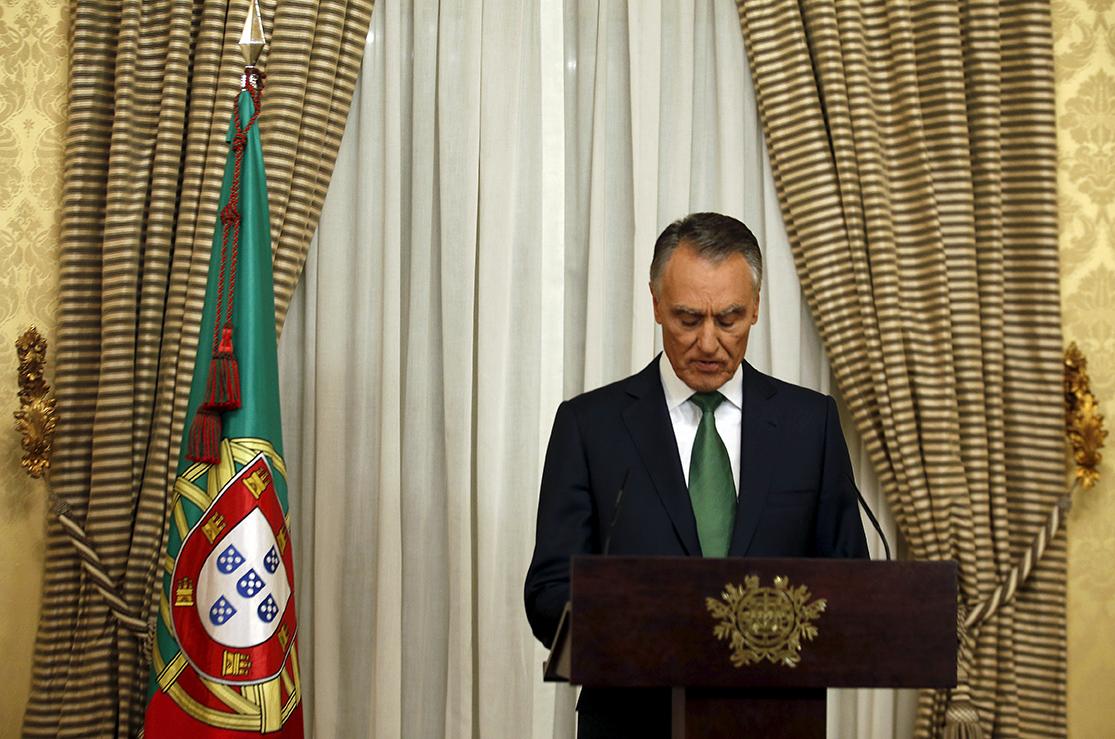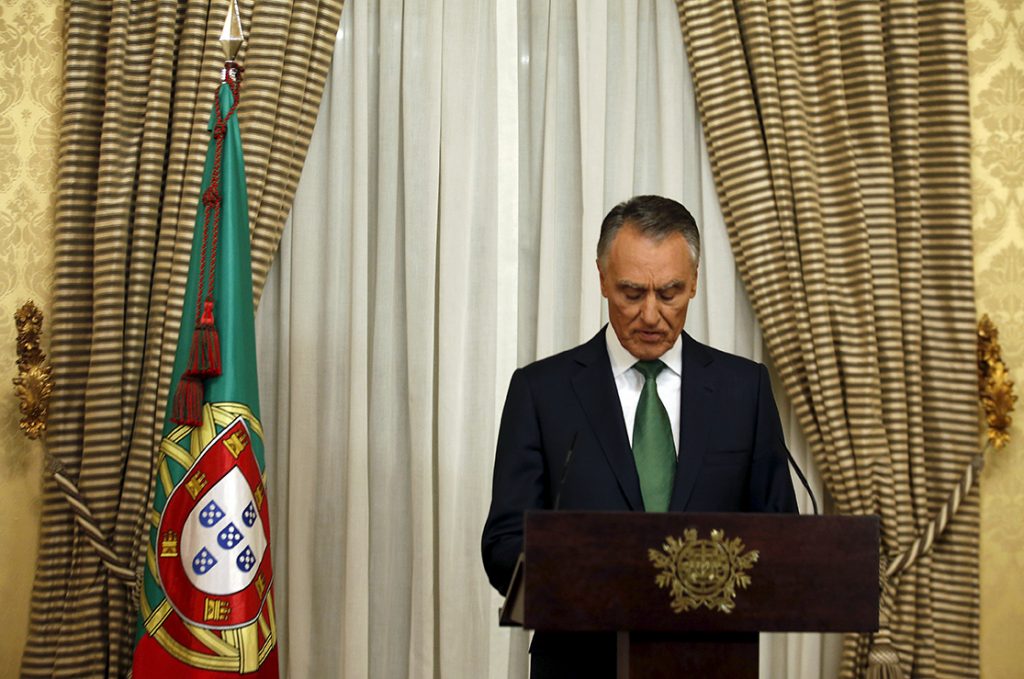 Portugal’s recent elections revealed that harsh reforms can have a payoff for serious political parties.
Portugal’s recent elections revealed that harsh reforms can have a payoff for serious political parties.
Incumbent center-right coalition Portugal Ahead, formed by the People’s Party (CDS) and the Social Democrats (PSD), received the largest share of the vote in the Oct. 4 legislative election, despite not winning enough seats to form a majority government.
This result is noteworthy for a government that, from 2011 to 2014, had to implement more than 200 reforms and legislative amendments as part of its Memorandum of Understanding with the International Monetary Fund, the European Central Bank, and the European Commission.
The reforms were not easy to implement, especially in a country that usually prefers to stick with the status quo. The labor market has been radically transformed through increased work time flexibility, reduction of firing costs, and increase in work time. Many reforms targeted chronic inefficiency in the public sector: the cost of paying taxes was reduced, central and local government as well as state-owned enterprises were forced to pay their suppliers with shorter delay, and public administration generally reduced bottlenecks.
Undertaking these reforms also resulted in reducing the country’s deficit. Total revenue as a share of the GDP went up by two percent between 2011 and 2014, while primary expenditure went down by 1.7 percent.
Why did a government that liberalized the labor market, cut benefits, and raised taxes win the election? Luckily enough, the election came more than a year after the completion of the bailout program and after the launch of the quantitative easing program, which helped the devaluation of the euro, boosting exports.
Portugal, therefore, had the chance to see the payoff of reforms: unemployment had already begun to fall in 2014 and the GDP growth rate in 2015 is expected to be one of the highest in the eurozone. Sovereign bond spreads on the ten-year German bund, which peaked at 1,200 basis points in the winter of 2012 in the midst of the bailout program, left Portugal with unacceptably high borrowing costs. Since then, the spread declined around 200 basis points, a more natural difference that incorporates the risk premium compared to Germany. This allowed Portugal to successfully tap the market on long maturities.
Additionally, Portugal managed the crisis in a way that always gave its people the prospect of a better future without submitting to populism and avoiding the impression of not having control over the entire bailout process. There was a clear commitment by the government to push ahead on approved reforms without shaming the troika while at the same time negotiating to make sure reforms did not harm the country’s most vulnerable citizens.
Portugal’s two most recent Ministers of Finance, incumbent Maria Luis Albuquerque and her predecessor, Vitor Gaspar, had deep knowledge about the needs of their economy and did not simply accept all of the troika’s proposals.
Despite harsh times—the number of strikes in the country, effectively a measure of social support for the reform process, increased from eighty-eight in 2011 to 127 in 2012 before decreasing to 119 in 2013—the government maintained the reform process.
In comparison, the Greek bailout is a completely different story: the ruling center-right coalition lost the election in early 2015 because it was not able to implement reforms, did not give the impression of leading the process but rather accepting any request from the troika, and, above all, did not achieve results. Unemployment continued to rise, GDP growth did not recover, and public debt was soaring.
So, it is not a matter of center-right or center-left. Stressed economies need governments that are able to convince their citizens of the need for tough reforms that cannot be delayed. Governments must be able to deliver on their promises. Portugal is a clear example of what a bailout program can achieve when there is full ownership by the national authorities.
Andrea Montanino is Director of the Atlantic Council’s Global Business and Economics program and former executive director for Portugal at the International Monetary Fund. Samuel Dorshimer is an intern in the program.
Image: Portugal's President, Aníbal António Cavaco Silva, makes a statement to journalists at Belém National Palace in Lisbon, Portugal, October 6. Cavaco Silva, who must name a new Prime Minister after the October 4 general election, addressed the nation late October 6 following a meeting with the leader of the ruling coalition that won the most votes. (Reuters/Rafael Marchante)
